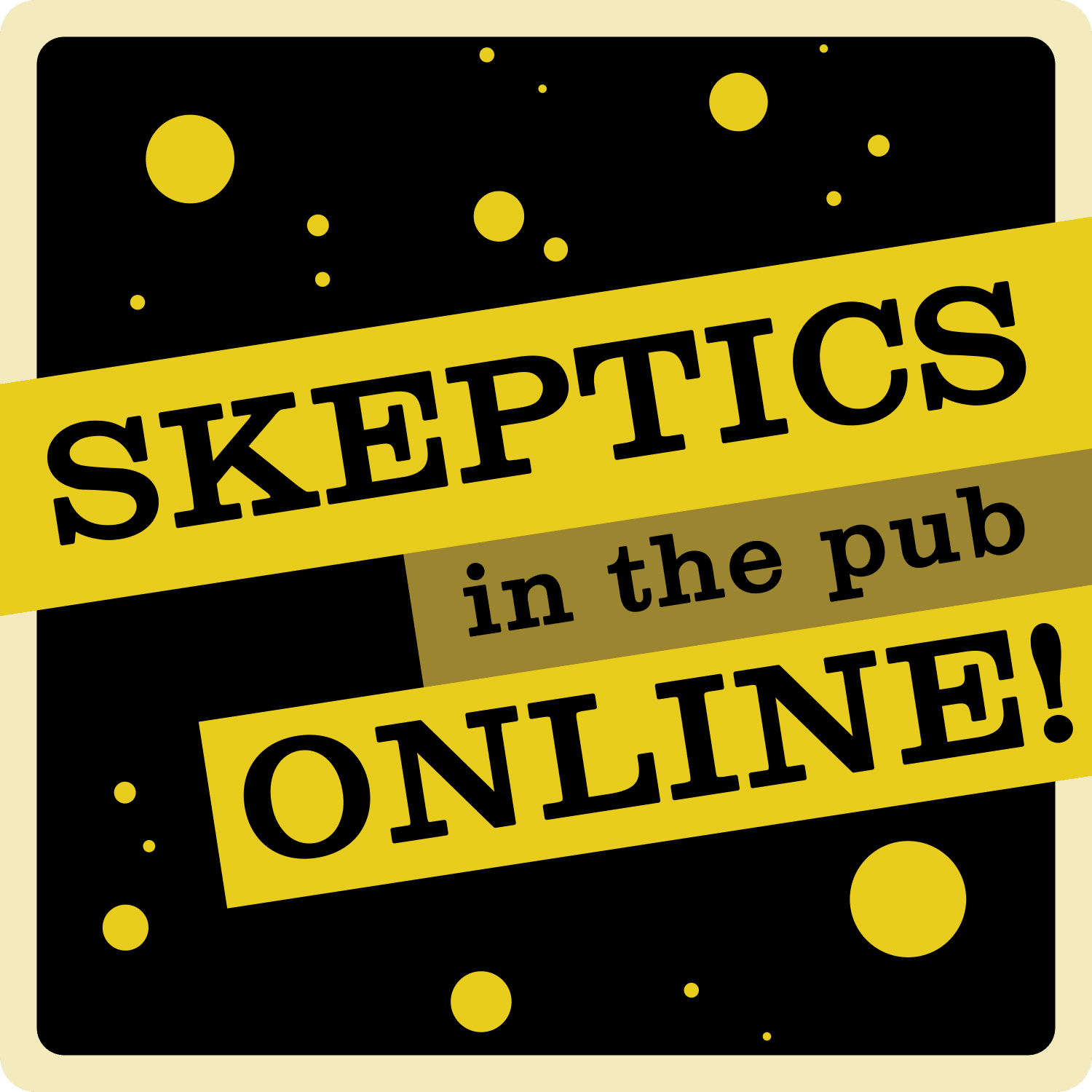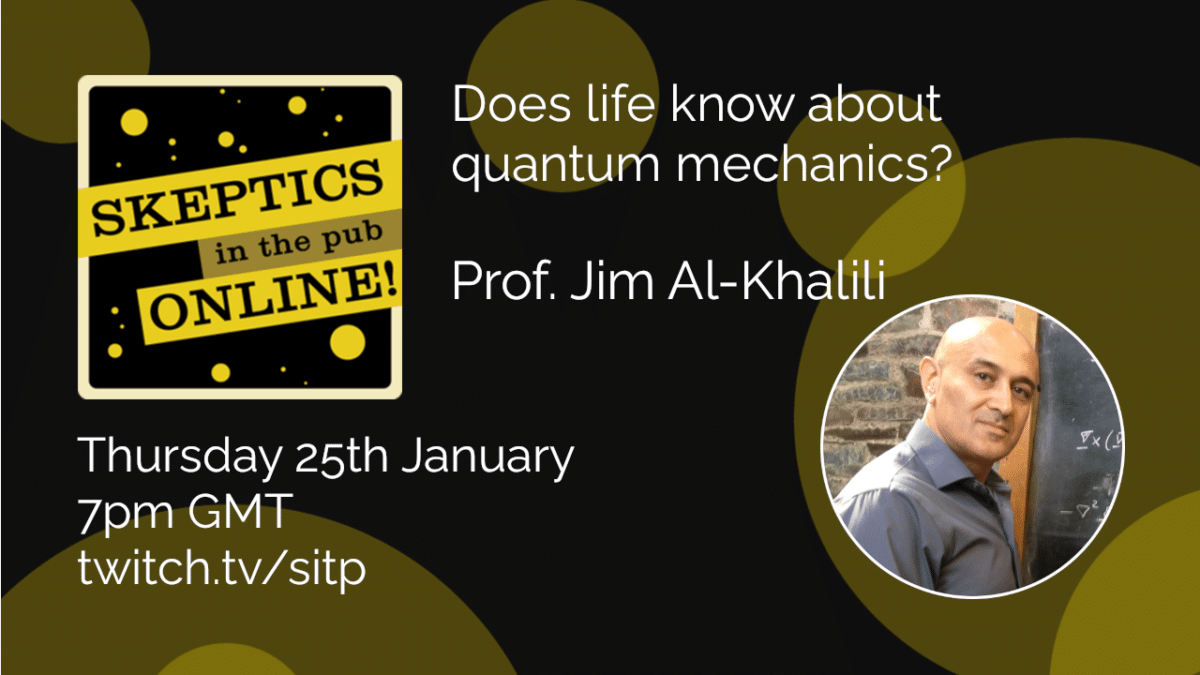Physicists and chemists are used to dealing with quantum mechanics, but biologists have thus far got away without having to worry about this strange yet powerful theory of the subatomic world. However, times are changing. There is now solid evidence that enzymes use quantum tunnelling to accelerate chemical reactions, while plants and bacteria use a quantum trick in photosynthesis – sending lumps of sunlight energy in multiple directions at once. It even appears that some animals have the ability to use quantum entanglement – what Einstein called “spooky action at a distance” – as a compass to ‘see’ the earth’s magnetic field. In our research at Surrey we are discovering that life may even have evolved mechanisms to control genetic mutations caused by quantum tunnelling of protons between strands of DNA. Welcome to the exciting new field of quantum, biology.
Longer bio Jim Al-Khalili CBE FRS is a distinguished professor of physics at the University of Surrey and a well-known author, broadcaster and science communicator. He received his PhD in theoretical nuclear physics in 1989 and has published widely on few-body quantum scattering methods to study nuclear structure, particularly as applied to the study of exotic nuclei. He has more recently focussed on the foundations of quantum mechanics, quantum thermodynamics and quantum effects in biology. He currently leads an international interdisciplinary research collaboration on the arrow of time in quantum mechanics. Jim is a prominent author and broadcaster and has written 15 books on popular science and the history of science, between them translated into twenty-six languages. He is a regular presenter on TV and hosts the long-running weekly BBC Radio4 programme, The Life Scientific. He is a past president of the British Science Association and a recipient of the Royal Society Michael Faraday medal and Wilkins-Bernal-Medawar Medals, the Institute of Physics Kelvin medal and the Stephen Hawking Medal for Science Communication. He recently served as the only non-engineer judge on the QE Prize for Engineering and is a commissioner on the board of the 1851 Royal Commission.

